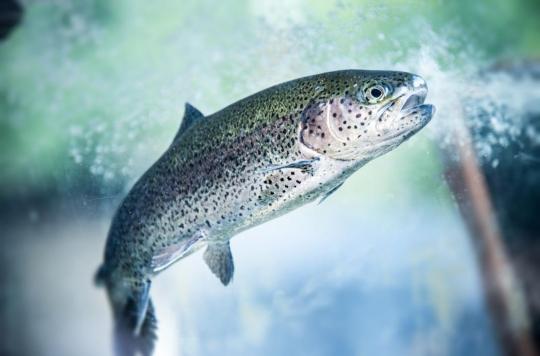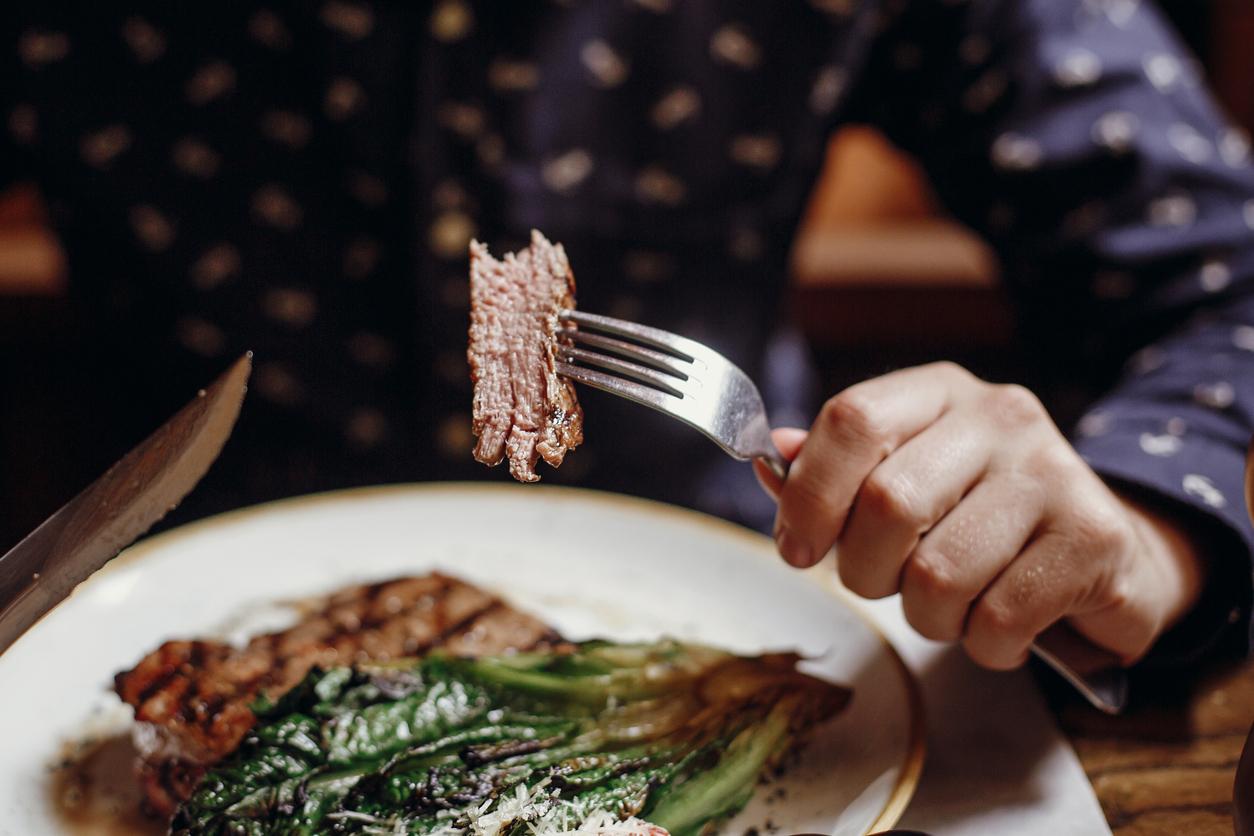Researchers have discovered in trout a type of antibody essential for fighting disease and maintaining a healthy microbiota. A process that is also found in mammals and humans.

While most scientists conduct their studies on mice, trout can also teach us things about our bodies. More particularly the rainbow trout, analyzed by researchers from the University of Pennsylvania (United States). Indeed, they discovered that a particular type of antibody plays an essential role in the fight against disease and the preservation of the microbiome. Work that addresses the following question: Have mucosal antibodies — those present on the mucous surfaces of the body such as the gut in humans or the gills in fish — evolved to fight pathogens and maintain a healthy microbiota? Their results are published in the journal Science Immunology.
Reduce bad germs, keep good bacteria
American researchers have actually discovered that a mucosal antibody, an immunoglobulin, plays this essential role. “We have found that it plays two paradoxical roles: on the one hand, reducing bad microbes and, on the other hand, promoting the presence of certain beneficial bacteria.says J. Oriol Sunyer, a researcher at Penn’s School of Veterinary Medicine and author of the study. Fish are the first vertebrates to possess a mucosal immune system, and so the fact that they possess a specialized immunoglobulin that performs both functions suggests that these two processes are so fundamentally important to vertebrate survival, that they arose simultaneously , and early in evolution.” In fish, this immunoglobulin is called IgT. In mammals, this corresponds to the immunoglobulin IgA.
Without immunoglobulin, lesions and inflammation are key
“In recent years, some key studies have shown that IgA is necessary to control the mammalian microbiome. In mice and humans lacking IgA, their microbiome changes: beneficial bacteria decrease and potentially pathogenic bacteria increase”, explains Sunyer. However, these works have never demonstrated the precise role of IgA in the preservation of the microbiome. So, with his team, J. Oriol Sunyer developed an adult fish model in which IgT resources were depleted for two months. The researchers then found that the presence of a mucosal parasite increased considerably. In addition, in fish lacking IgT immunoglobulin, bacteria ‘escape’ from the surface of the gills into the tissues and cause lesions and inflammation. Thus, the researchers found in these fish a dysbiosis, that is to say an imbalance of the bacterial ecosystem.
The microbiome has a capacity for recovery
The upside is that soon after the study, IgT levels returned to normal. The researchers thus observed a real “recovery” of the microbiome, a return to normal. “In microbiome studies, recovery is a very important pointsays Sunyer. When you take an antibiotic, you can disrupt your microbiome as recovery can take time. The disruption we used to remove IgT had a profound but transient effect on the composition of the microbiome, which underwent rapid recovery.” This study thus demonstrates that working on mammals is not enough to understand the role of the microbiome and its functioning. In addition, Sunyer believes that this work may promote the use of specific species of fish bacteria as probiotics, with the aim of boosting the immune system.
.















